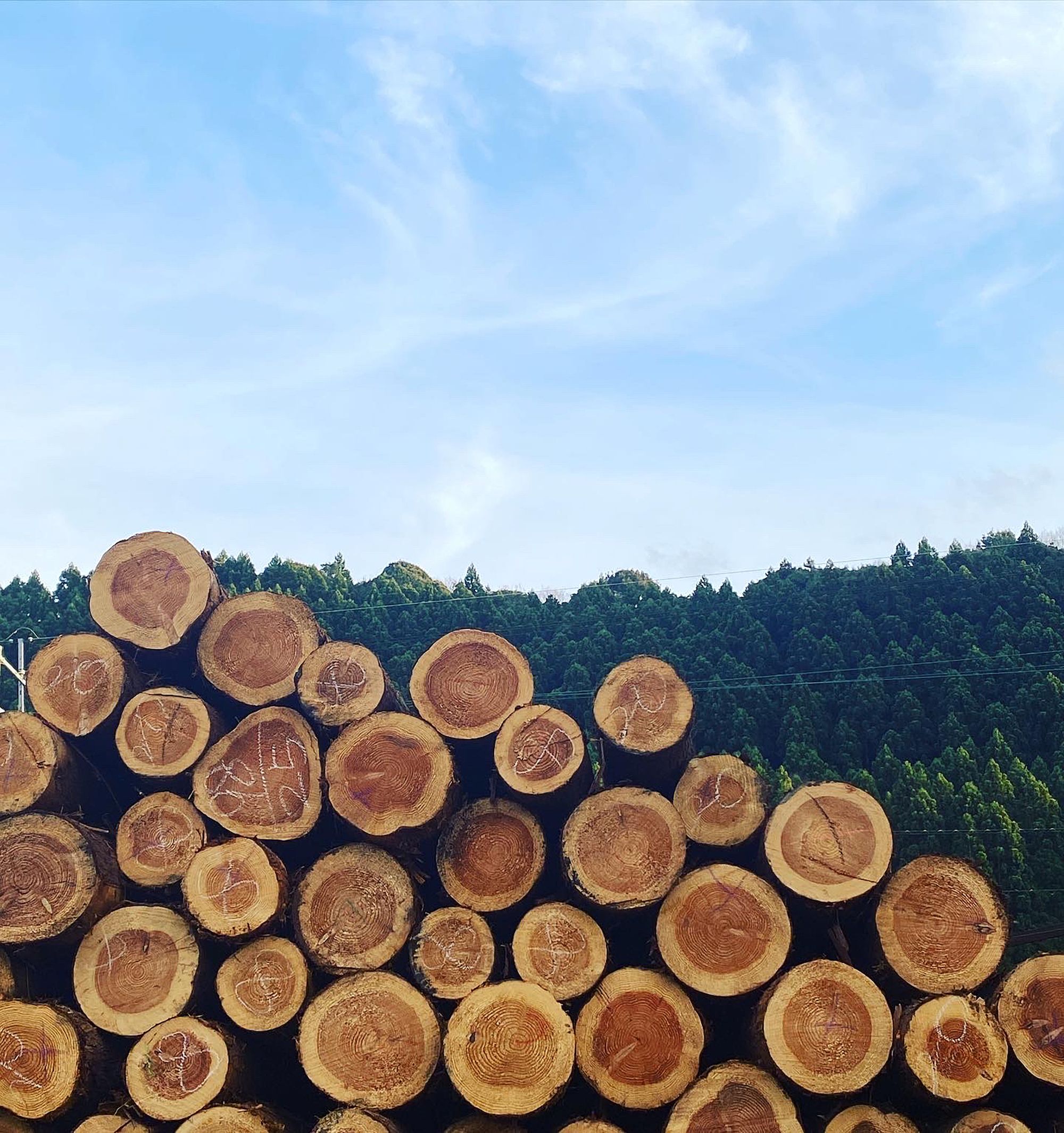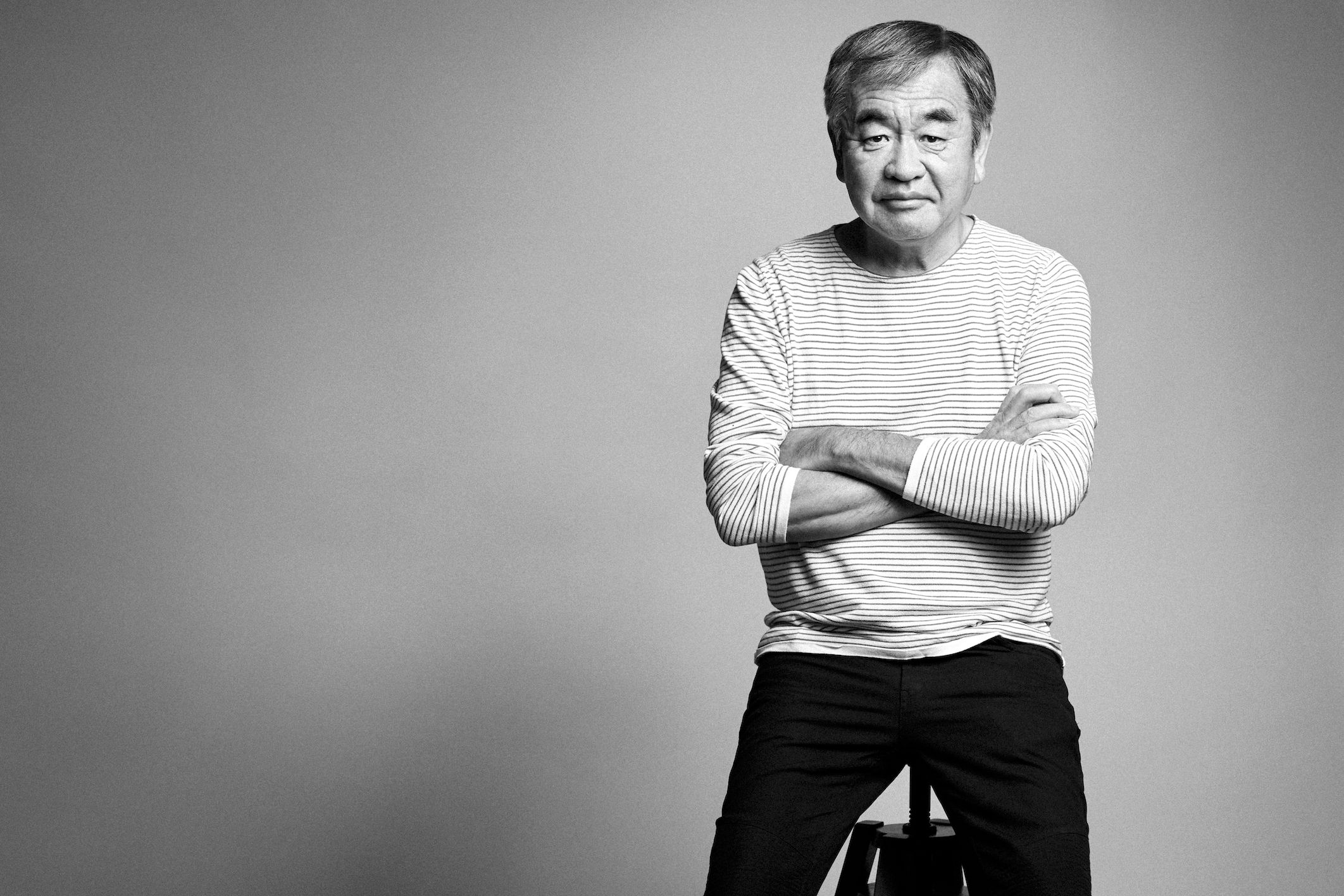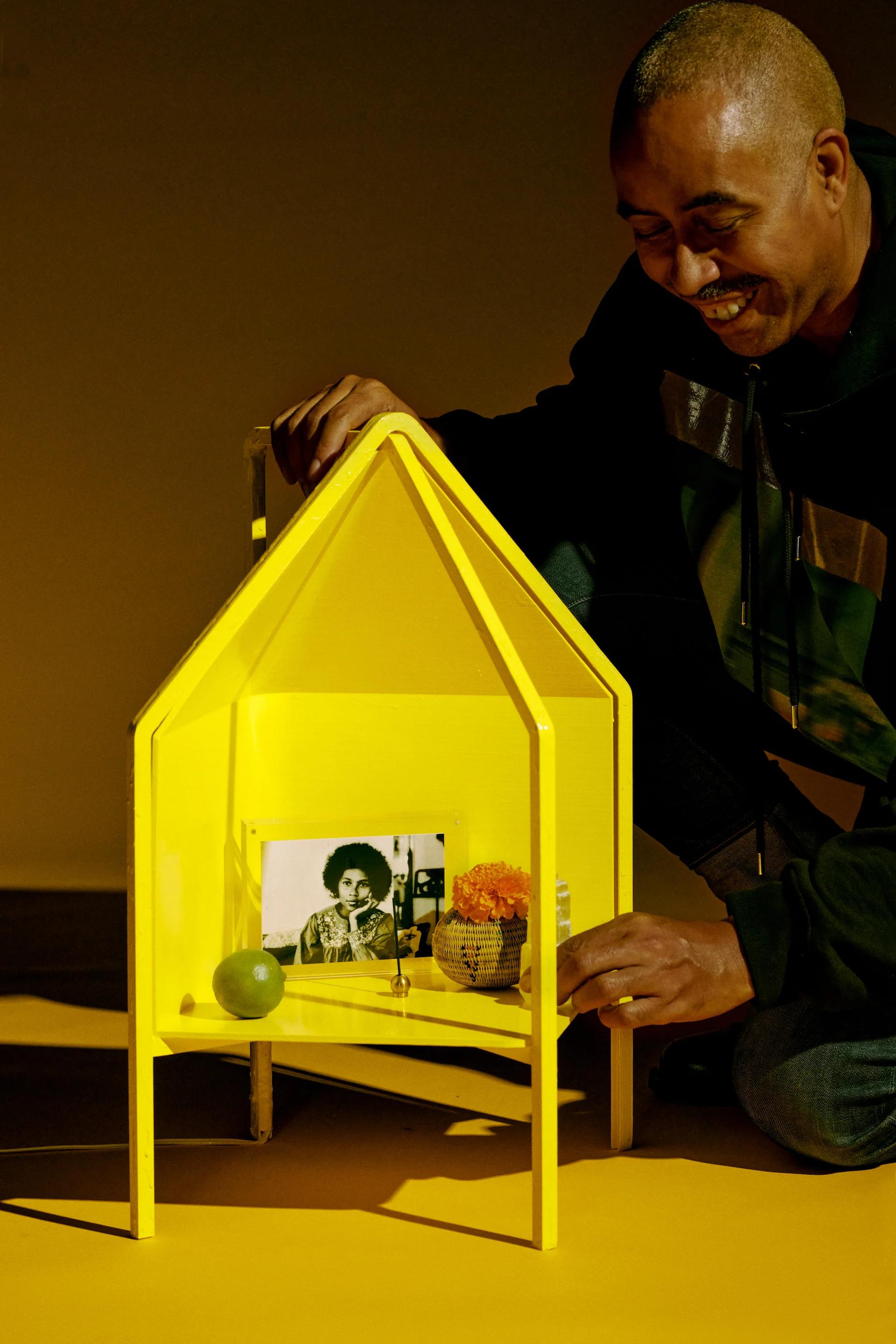POSTCARDS FROM NOVEMBER 10 2023
by Design Miami
Ahead of his DM/ 23 debut, the famed architect reflects on the design potential of the traditional Japanese concept of mottainai

TIMBER
Photo © Megumi Fukatsu; Courtesy of Kengo Kuma and Associates
Across his decades-long career, acclaimed architect Kengo Kuma has been an inspiring advocate for architectural designs that honor the unique cultural, historical, and natural identities of their settings, often using organic and vernacular forms and materials rooted in the places where he works. As we emerge from a pandemic while continuing to face the mounting implications of climate change, Kuma has called for “a new architecture,” one that unwaveringly prioritizes our relationship to nature in order to create spaces that encourage wellbeing for both humankind and the planet we call home.
Against the backdrop of our era’s greatest challenges, both natural and man-made, Kuma continues to highlight architects’ responsibility to respect, rather than dominate, the environment so that it might be experienced more intimately. Below, he reflects on the traditional Japanese concept of mottainai—a term conveying the importance of fully exploring the value of something before discarding it—as a tool for navigating this complex time.

ARCHITECT KENGO KUMA
Photo by Frederico Martins; Courtesy of Kengo Kuma and Associates
Dear Design,
The traditional Japanese spirit of mottainai revolves around minimizing waste and utilizing resources fully and with respect. This principle is especially crucial in modern design and architecture. Our initiatives focus on the effective use of often overlooked resources, such as the offcuts produced from large timbers used in construction. For example, through partnerships with perfumers, we extract scents from these remnants and incorporate them into spatial design to maximize the use of local resources and create new value.
This approach ensures that the spaces we inhabit are filled with materials sourced from nature, embodying the essence of the local land and promoting an environmentally conscious mechanism for the efficient consumption of resources. Practicing the spirit of mottainai in design is essential in committing to sustainability and fulfilling our social responsibility.
Sincerely,
Kengo Kuma


